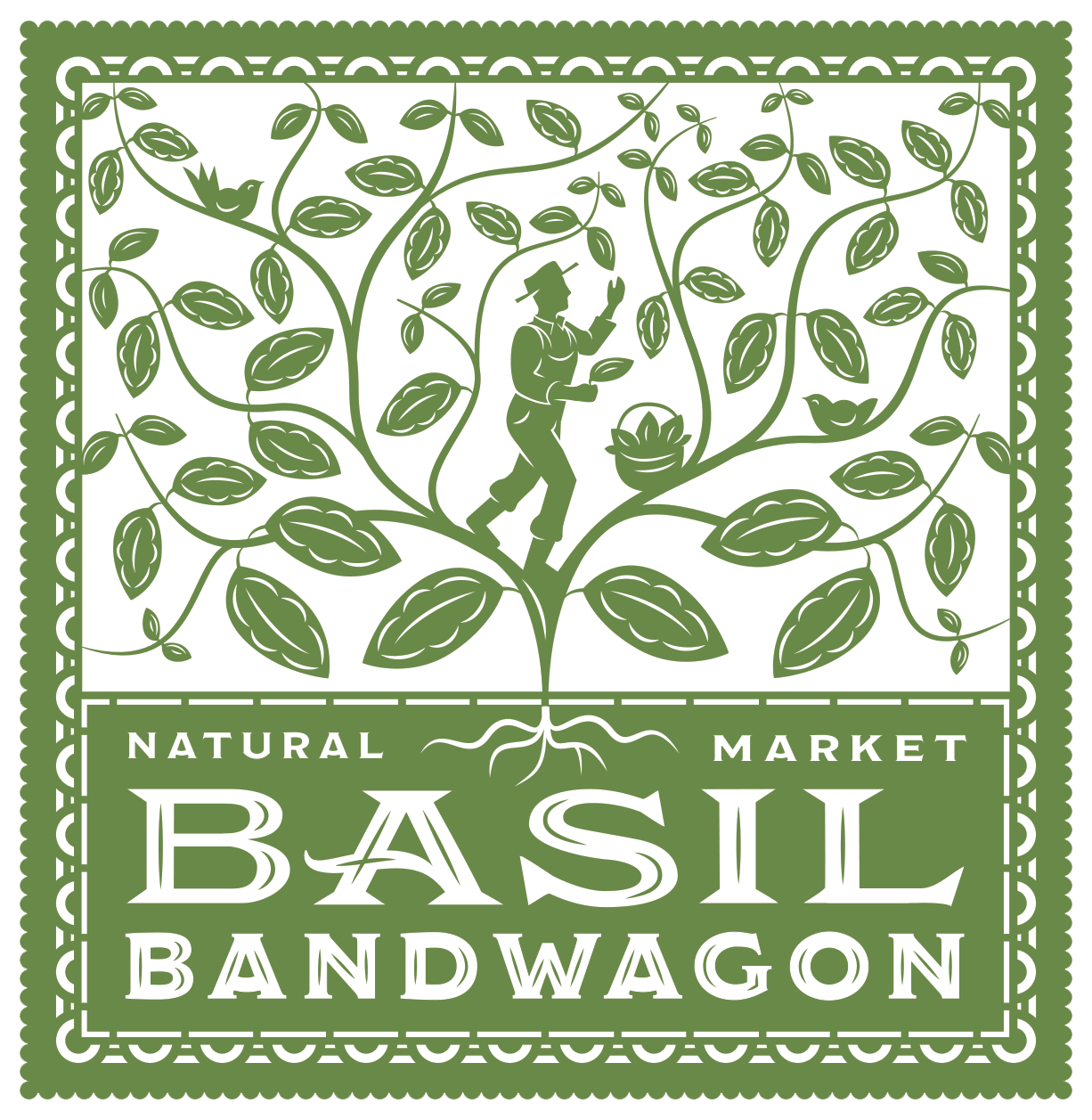
08 Mar Detox myths, debunked
Detox myths, debunked
Unburden your body in a toxic world
Without getting all doom and gloom, the unavoidable truth is that our environment is way more toxic than it was when our great-grandparents grew up. And that’s changing what we need to do to keep our bodies unburdened.
Toxic burden
Our food is sprayed with pesticides, our municipal water is chlorinated, and our air and soil are marred by persistent organic pollutants. Many of these compounds are fat soluble, meaning they accumulate in fat cells over time in a process called bioaccumulation. Since we’re all exposed to environmental toxicants, supporting natural detoxification is key for reducing our toxic burden and improving overall well-being.
What is detoxification?
Detoxification is the body’s built-in system for minimizing the harmful effect of toxicants, toxins, hormones, pharmaceuticals, and supplements, by transforming them into stable, water-soluble compounds that can be excreted from the body. While intestinal bacteria and body tissues including the skin and kidneys perform local detoxification, most detoxification reactions take place in the liver.
While it’s true that our food and lifestyle choices can enhance detoxification, we don’t need to do a juice cleanse or embark upon a rigorous fast to do so.
On the other hand, it’s a misconception that we don’t need to do anything to support the body; many detoxification pathways require essential nutrients we can only get from the diet.
Support the important routes of elimination
When the bowels aren’t emptying regularly, we reabsorb our toxins and estrogen through a process called enterohepatic recirculation. Once you’ve ensured your routes of elimination are working well (starting with plenty of fiber, water, and exercise), then you can incorporate targeted food, vitamins, and herbs to enhance natural liver detoxification.
Food physiology
What we eat consistently has a more profound impact on detoxification than an annual week-long “detox.” Here are some foods and nutrients to incorporate in your diet.
- Glutathione: Foods rich in vitamin B6, magnesium, selenium (Brazil nuts), and folate have been shown to restore depleted glutathione levels.
- Resveratrol: Foods high in resveratrol (grapes, cacao) enhance liver enzyme activity.
- B vitamins and magnesium: Methylation reactions are important components of detoxification, and they depend upon adequate vitamin B12, vitamin B6 (animal protein), betaine (beets), folate (leafy greens), and magnesium (seeds).
- Protein: Detoxification also involves the conjugation of toxins with amino acids, which are the building blocks of protein. Supplement diet gaps with protein powder or specific amino acids including taurine, glycine, arginine, and glutamine.
- Water: Support bile excretion by ensuring you’re getting enough water.
Supplements to consider
Supplements that may help support your body’s natural detoxification include:
- Spirulina
- Chlorella
- Probiotics
- Dandelion
- Milk thistle
- Curcumin
Always check with your health care practitioner before starting a new supplement.
Article courtesy of Alive Magazine



